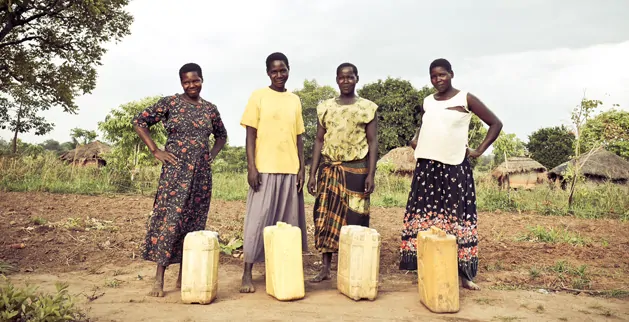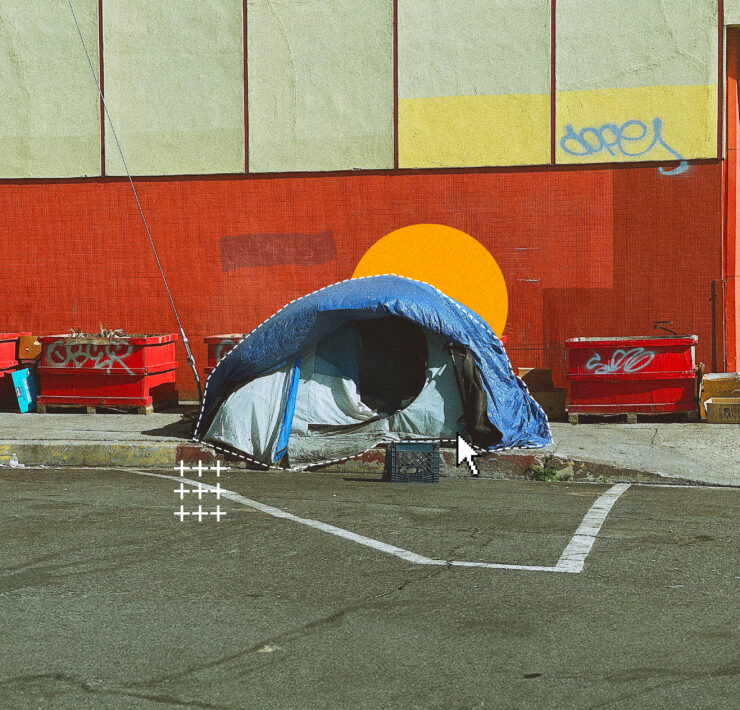
I have always had a hard time with mental math. As a kid, I added up sums by using 20 fingers and toes, countless smeared penned tally marks on my palms and on the backs of my hands, with liberal doses of ardent wishful thinking. As an adult, I still rely on counting digits because I fail to see the relationships between inert and impersonal numbers. I understand math rules, but the neutralities of numbers such as 7,000,000,000; 325,000,000; 11,400,000,000; 2,400; 40; 1,427; 1,000, 600,000, and 1, sit on the page with emotionless drab and yet beg to be understood with passion and reality. Numbers alone often fail to create the poetry and meaning that they’re intended to represent. I have learned, however, that when you take these numbers and put them within context and place, these numbers actually tell a story.
7,000,000,000
The number of people with whom you and I share the land, water, sun, food and animals on this earth. The number of marvelously created beings and souls who embody the common human experience of joy and sorrow, of need and want, of hope and longing. The number that, with each sunrise, continues to multiply. As that number grows, the concept of sharing this land, water, sun, food and animals becomes an equation of scarcity. This calls upon us to be more conscious of our resources.
325,000,000
The approximate number of people in Africa who still do not have access to safe and reliable water. The number of women and children who spend their days walking long and often treacherous miles under a merciless, equatorial sun between their homes and the nearest sources of water. These sources are neither near nor safe. The women and girls bend in mud to scoop polluted water in old buckets, carry their heavy loads gracefully and without complaint on untamed ground. The number of people who face extraordinary challenges against the flails and thorns of poverty who would name this lack of access to water near the top of their deepest needs. This insufficiency makes it difficult for girls to attend school, adult women to earn a living, HIV-positive people to protect their weak immune systems, and families to merely sustain life. To not drink diseased water is to die, while drinking it shortens life.
11,400,000,000
The number of dollars Americans spent on Black Friday, 2011. This number became sweaters, cars, iPads, toys, jewelry and video gear that we purchased with the false expectation that they would grant us happiness and improved relationships. Our record spending occurred during a lingering recession marked by persistent unemployment, losses of homes and ever-tightening budgets.
40
The number of days that Jesus was alone in the wilderness where water and food were replaced by the devil’s great and beguiling temptations. It is the number of days, beginning with Ash Wednesday, which most Western Christians observe as the preparation for Easter Sunday. It is an annual invitation to choose a practice of self-denial or extraordinary generosity in the midst of a culture that advances hedonism over discipline.
1,427
The number of Americans who chose to give up their beverages for Lent last year. One-thousand, four-hundred and twenty-seven of our fellow citizens chose to not purchase coffee, juice, wine and other non-water beverages, saved the money thus preserved and sent it in to Blood:Water Mission to provide desperately needed water for communities in Uganda. Collectively, they gave up more than 20,000 drinks over 40 days.
Since 2004, on the many other days except Lent, citizens of America have donated checks, dollars, bike-a-thon funds, lemonade stand revenues, sacrificial coins and large bills to fund more than 1,000 communities in 11 African nations with access to safe water, sanitation and hygiene. Because of grace, blessings and human generosity, more than 600,000 people receive the joy of clean water in lands where there was none.
The numbers tell a story, and my God, we need to be rescued as well, do we not? The numbers dance in a vista and a dream of a world where its inhabitants not only grow in quantity but in quality of life and in their ability to love, to know, to sacrifice, to give, to share. You tell me there are 7 billion people on this planet and the number stops the heart. It reminds me of our smallness in the immeasurable expanse of God’s Kingdom, of His universe. The unimaginable rings up my last number. It is a number that I can grasp.
1
The number of people it takes for love to manifest itself in the world. The number—one dollar—that can provide a person in Africa with access to safe water for an entire year. The number of people one has to think about when trying to make a difference somewhere, where “somewhere” is closer than ever before. The number of lives we have each been given to spread love in the world.
The Gospel is a story that does not let us get lost in huge and seemingly ungraspable statistics. In the Gospel, we are always dealing with the next one. Quite simply, that is all that we are asked to do today. I have learned that when we answer, we are the better for it.
I will be joining the more than 1,000 others who will be participating in our annual 40 Days of Water campaign, and I invite you to make your one life and 40 days count, too. Visit 40days.bloodwatermission.com to learn more, and join those who have decided to make their daily choices count.
Jena Nardella is the executive director of Blood:Water Mission.




















